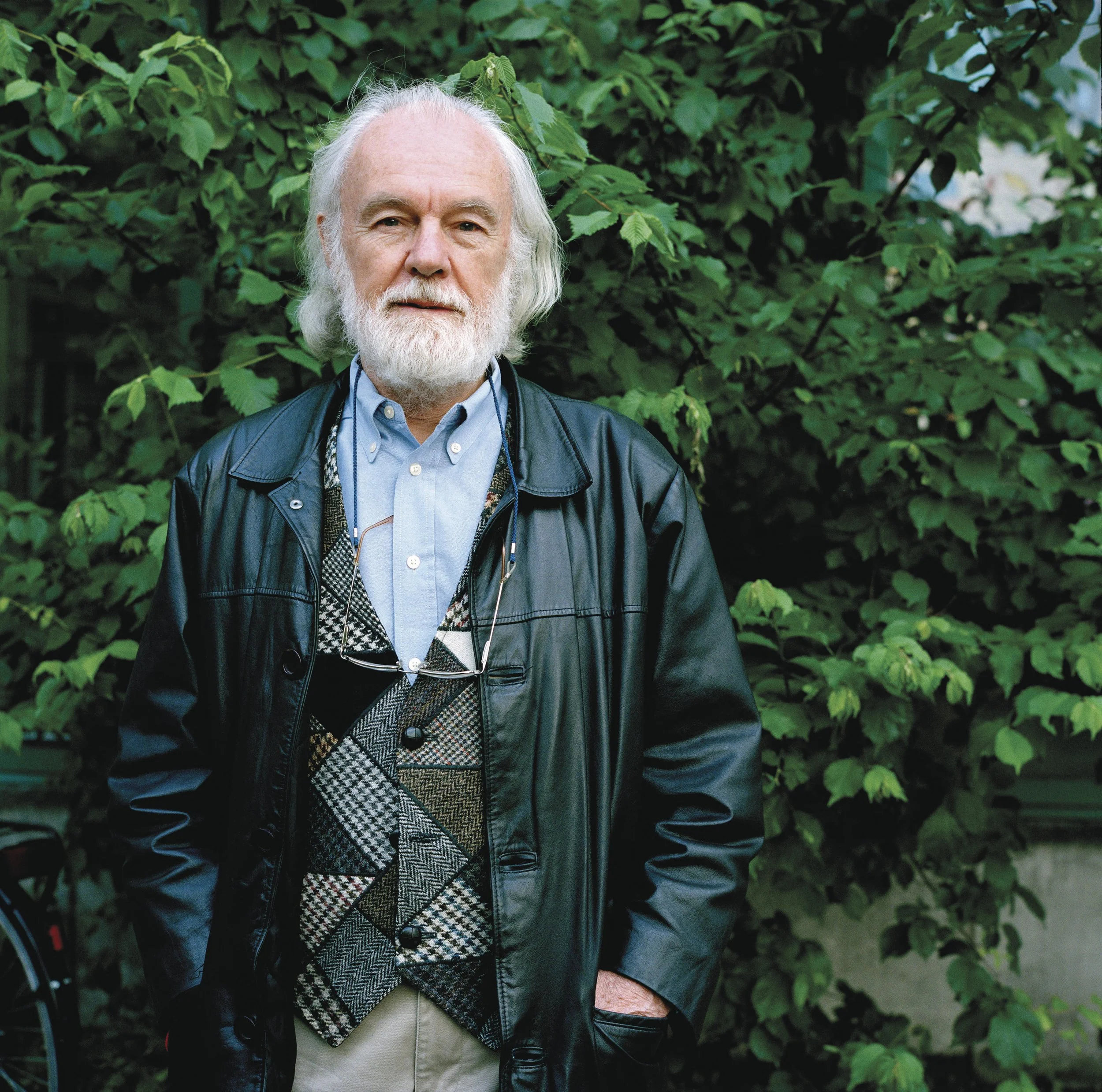2024 Summer Seminars
Politics in the Age of Sensory Reproducibility
We will consider subjective freedom given structural/(para-)ontological constraints, and we will do this through aesthesis (material sensibility). We will ask: How does Freedom sound? Do we need Skin to think? Is Agency non-human? Is democratic vision universal?
Susan Buck-Morss is a multi-disciplinary scholar whose political theory emerges out of a constellation of historical material, visual images, and contemporary events. She is a core faculty member of the CUNY Graduate Center’s Committee on Globalization and Social Change. Her focus on sensory experience as the source of philosophical revelation is the topic of her most recent book, Seeing/Making Room for Thought (2023).
Reading Marx's Grundrisse Today
The Grundrisse is a difficult but foundational text for understanding Marx’s innovative approach to political economy. I will extract some of his most important findings and show their relevance for understanding some of the present dilemmas of endless accumulation, environmental degradation (climate change in particular) and current geopolitical conflicts.
David Harvey is a Distinguished Professor of Anthropology and Geography at the Graduate Center of the City University of New York (CUNY), the Director of Research at the Center for Place, Culture and Politics, and the author of The Anti-Capitalist Chronicles (2020). He has been teaching Karl Marx’s Capital for over 50 years.
Incalculable Rhythm:
The Physics of W. E. B. Du Bois’s “Sociology Hesitant
The primary text for this seminar is an essay W. E. B. Du Bois wrote in and around 1905 called “Sociology Hesistant.” (Well, obviously, the first thing we’ll have to try to deal with is how that utterly unutterably unnecessary “s” keeps getting in there, like some hissed resistance, some heavy breathing. Wonder if a late Du Boisian whistle turns out to be early as well.) Imagine that in 1905, the year known as Albert Einstein’s annus mirabilis, the four papers of his that revolutionized physics were shadowed, troubled, disturbed, and grounded upon a short essay that Du Bois wrote but never published in his lifetime. Imagine that Einstein’s own sense of the contingency and incompleteness of the work he did that year, which ushered in the era of a quantum mechanical interpretation of physical reality that he could never abide, was redoubled in a similar, Du Boisian ambivalence; then imagine that thirty years later, they were finally able both to object and to augment those earlier contributions in ways that open us to a new understanding of the physics of social life. We’ll move slowly and carefully every day and hope to attune ourselves to everyday spooky actions not only in Du Bois’s and Einstein’s work, and not only in that of their precursive interlocutors August Comte and Ernst Mach, and that of their unacknowledged co-conspirators Rosa Luxemburg and Zora Neale Hurston, but also in the aesthetic insurgencies of black social life that data can’t quite portray – namely, the “incalculable rhythm” of certain manifestations of murmur, spring, muck, table, and corner. Can we read so slowly, and so closely, that in throwing all this together we are thrown out into blackness’ general disruption of the individuation or, in other words, the classical concept of the particle? Such farover practicing will have been Sociology Distant or Sociology Dissonant or Sociology Dissident or Sociology Sibilant.
Fred Moten works in the Departments of Performance Studies and Comparative Literature at New York University. He is concerned with social movement, aesthetic experiment, and black study and has written several books that address these concerns. His latest projects include a poetry collection, Perennial Fashion Presence Falling (Wave Books, 2023), a record album, Fred Moten/Brandon López/Gerald Cleaver (Reading Group Records, 2022), a performance in filmmaker Wu Tsang’s Moby Dick; or, The Whale (2022), and an essay collection, All Incomplete (Minor Compositions, 2021), co-authored with his long time co-worker Stefano Harney.



